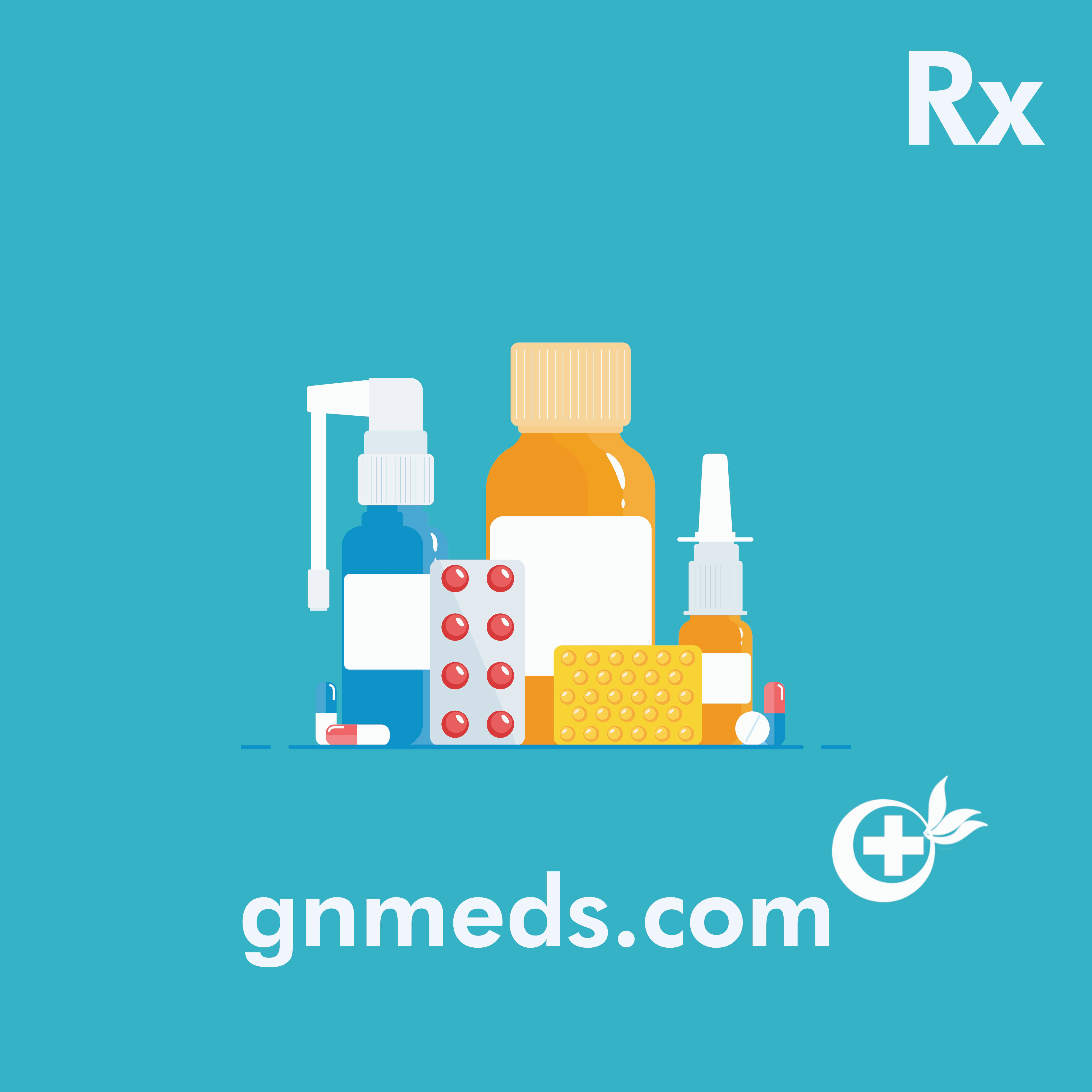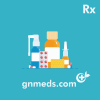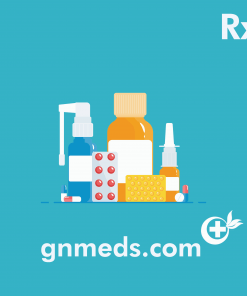GEFICAD 250 mg Tablet
₹ 4,053.74 ₹ 3,850.00 price_including_tax
A Pack of 10 Tablet Each Contains
gefitinib 250 mg
Cadila Pharma Ltd
Out of stock
GEFICAD 250 mg Tablet

Uses of GEFICAD 250 mg Tablet
GEFICAD; for the treatment of breast and lung cancer.
How it Work
Gefitinib is an EGFR inhibitor, like erlotinib, which interrupts signaling through the epidermal growth factor receptor (EGFR) in target cells. Therefore, it is only effective in cancers with mutated and overactive EGFR.Gefitinib is the first selective inhibitor of epidermal growth factor receptor’s (EGFR) tyrosine kinase domain. Thus gefitinib is an EGFR inhibitor. The target protein (EGFR) is a member of a family of receptors (ErbB). Gefitinib inhibits EGFR tyrosine kinase by binding to the adenosine triphosphate (ATP)-binding site of the enzyme. Thus the function of the EGFR tyrosine kinase in activating the anti-apoptotic Ras signal transduction cascade is inhibited, and malignant cells are inhibited.
Common Side Effects
Common side effects include; Acne-like rash is reported very commonly. Other common adverse effects (≥1% of patients) include: diarrhoea, nausea, vomiting, anorexia, stomatitis, dehydration, skin reactions, paronychia, asymptomatic elevations of liver enzymes, asthenia, conjunctivitis, blepharitis.
Moreover,
Click Here To Search More Substitute
*Follow your doctor’s advice.
*Always take medicine after food.
*Take the medicine with water.
Fast Fact
As gefitinib is a selective chemotherapeutic agent, its tolerability profile is better than previous cytotoxic agents. Adverse drug reactions (ADRs) are acceptable for a potentially fatal disease.
Frequently Asked Question
The EGFR gene provides instructions for making a receptor protein “the epidermal growth factor receptor”, which spans the cell membrane so that one end of the protein remains inside the cell and the other end projects from the outer surface of the cell. … Ligands and receptors fit together like keys into locks.
- any estrogen-containing medications.
- amoxicillin.
- aspirin.
- paracetamol.
- calcium.
- erlotinib.
- co-enzyme Q10.
- glucosamine and chondroitin.
EGFR mutation testing is used primarily to help guide treatment and determine whether someone with non-small cell lung cancer (NSCLC) may benefit from targeted therapy such as with the tyrosine kinase inhibitors (TKIs) gefitinib and erlotinib.
Common combination chemotherapy regimens
| Cancer type | Drugs |
|---|---|
| Breast cancer | Cyclophosphamide, methotrexate, 5-fluorouracil, Doxorubicin, Gefitinib |
| Hodgkin’s disease | Docetaxel, doxorubicin, cyclophosphamide, Doxorubicin, bleomycin, vinblastine, dacarbazine |
| Non-Hodgkin’s lymphoma | Cyclophosphamide, doxorubicin, vincristine, prednisolone |
| Germ cell tumor | Bleomycin, etoposide, cisplatin, |
| Stomach cancer | Epirubicin, cisplatin, capecitabine, 5-fluorouracil |
| Bladder cancer | Methotrexate, vincristine, doxorubicin, cisplatin |
| Lung cancer | Cyclophosphamide, doxorubicin, vincristine, Gefitinib |
| Colorectal cancer | 5-fluorouracil, folinic acid, oxaliplatin |
Be the first to review “GEFICAD 250 mg Tablet” Cancel reply
Related products
Metoprolol and Hydrochlorothiazide
Metoprolol and Hydrochlorothiazide
Metoprolol and Hydrochlorothiazide





Reviews
There are no reviews yet.